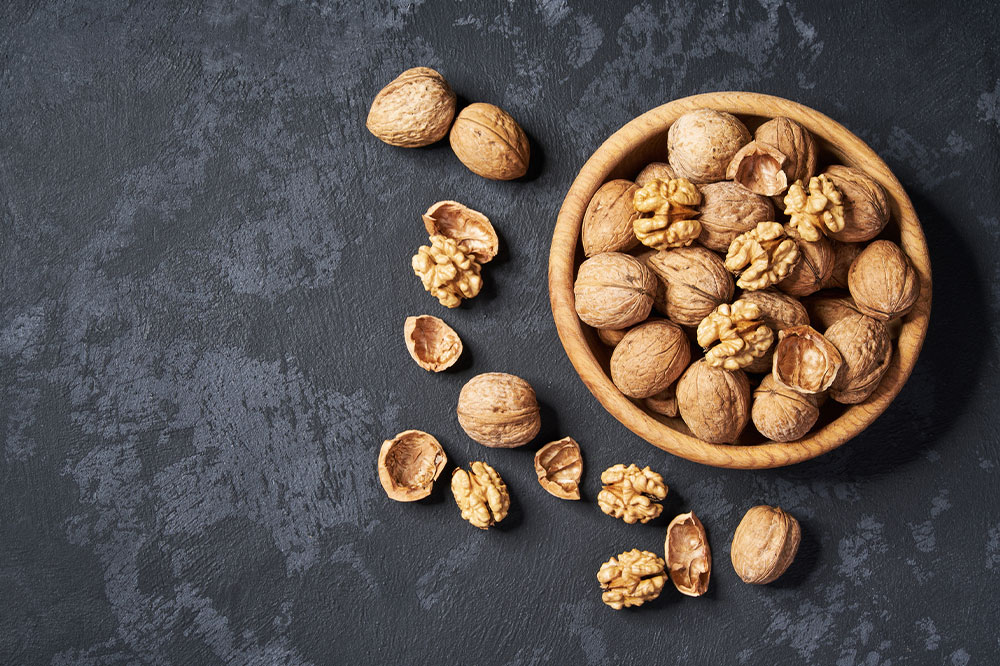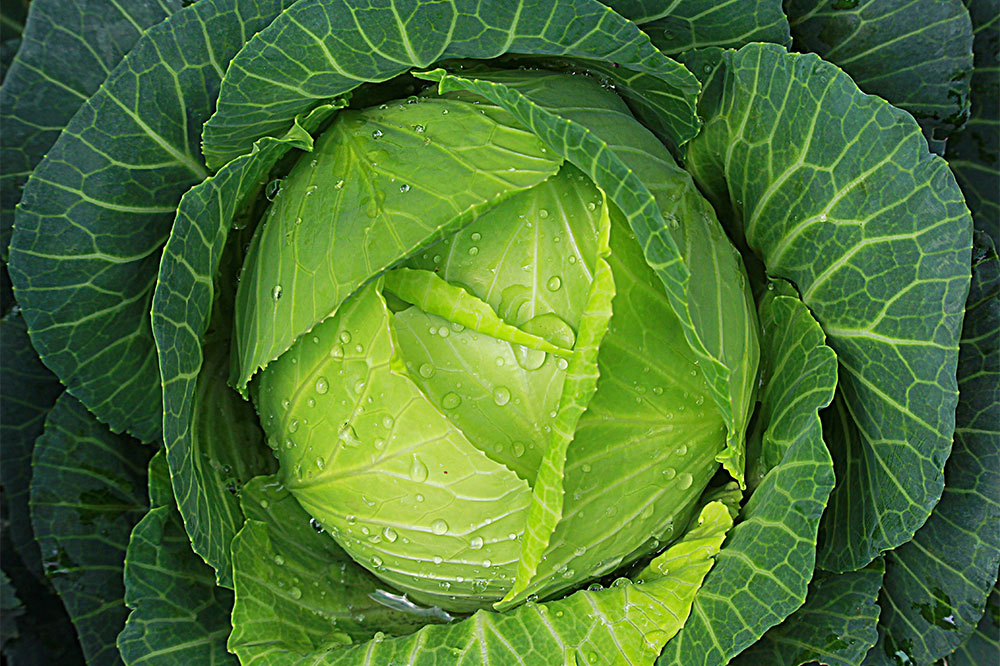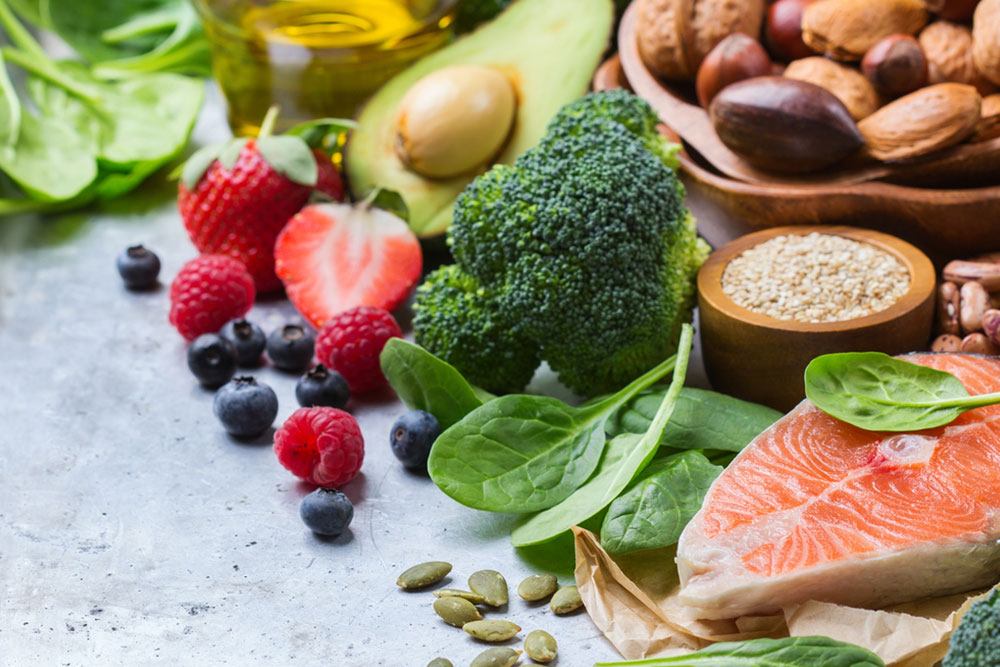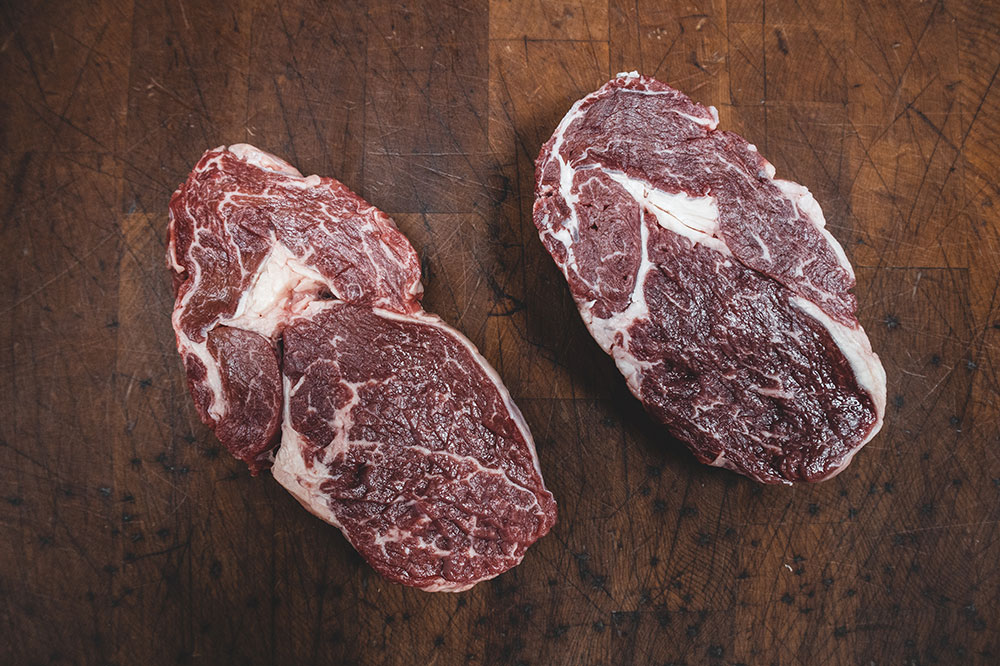Nutritional Tips: 3 Foods to Limit During Metastatic Breast Cancer Treatment
This article outlines key dietary restrictions for metastatic breast cancer patients, emphasizing the importance of avoiding alcohol, trans fats, and high-temperature cooked red meats to support treatment and improve health outcomes. Consulting healthcare professionals for personalized guidance is recommended to optimize quality of life during treatment.
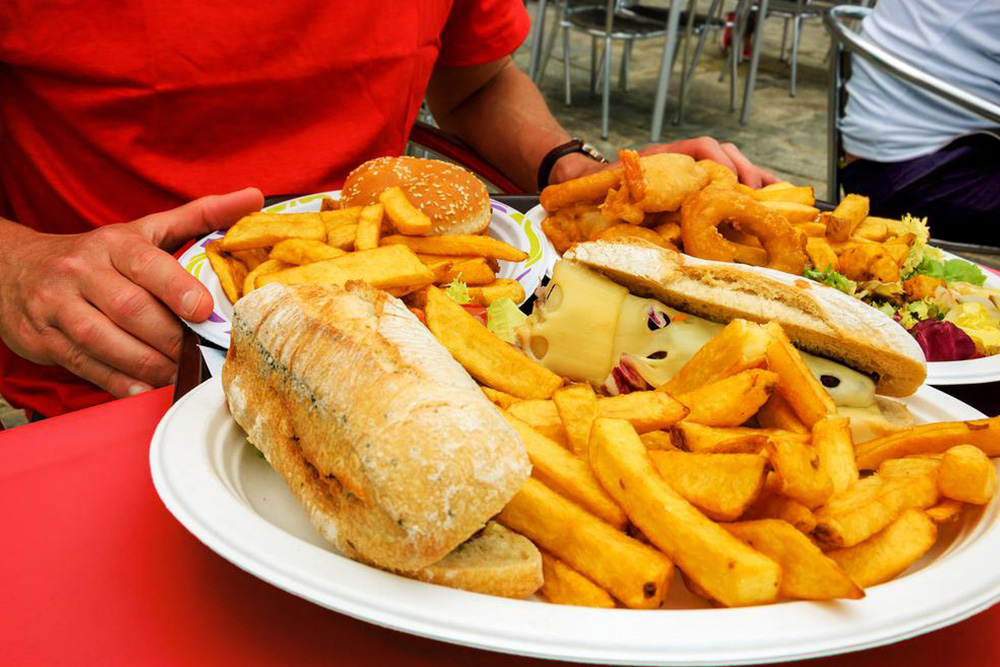
Essential Dietary Considerations for Metastatic Breast Cancer Patients
Managing diet is vital for individuals battling metastatic breast cancer, as certain foods may exacerbate health issues or interfere with treatment. Since cancer characteristics can vary widely, it is crucial to consume nutrient-rich foods that support recovery and overall well-being. Below are three types of foods that should generally be limited or avoided to improve health outcomes during treatment.
Alcohol
Alcohol consumption can negatively impact medication efficacy and has been linked to a higher risk of metastasis. It increases estrogen levels, damaging DNA and elevating cancer spread risk. Regular intake, even minimal, can raise this risk significantly. Abstaining from alcohol is recommended to prevent further disease progression.
Unhealthy Fats
While not all fats are harmful, processed foods often contain trans fats, which can impair health, especially during cancer treatment. Foods like cookies, pastries, and fried snacks are high in trans fats. Incorporating healthy, plant-based fats such as those found in nuts and seeds can support a balanced diet and aid recovery.
Red Meat
Research links high consumption of red meat with increased cancer risks. Cooking red meats at high temperatures can produce toxins that facilitate cancer spread. Limiting or avoiding red meat, especially charred or processed options, may help in managing the disease effectively.
Consult with healthcare professionals to identify other dietary modifications suitable for metastatic breast cancer management and to enhance quality of life.


